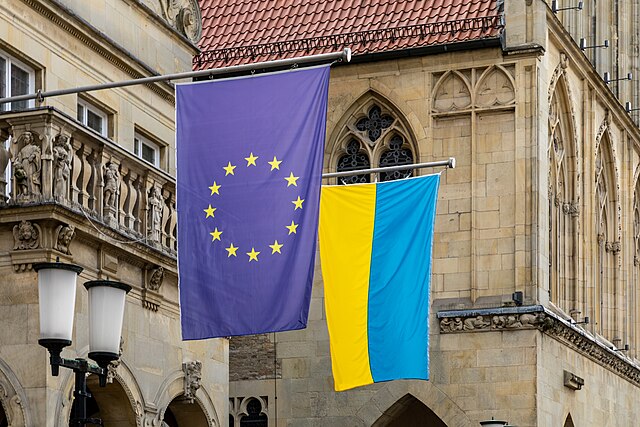Several European Union countries have increased imports of Russian energy in 2025 even as they remain major backers of Ukraine’s defense.
Experts warn these purchases are “a form of self-sabotage,” giving the Kremlin money to continue its war against Ukraine and effectively funding the war from both sides.
According to a Reuters analysis of data from the Centre for Research on Energy and Clean Air, seven EU member states - France, the Netherlands, Romania, Belgium, Croatia, Portugal, and Hungary - imported more Russian energy in 2025 than they did in 2024.
France increased imports by 40% to €2.2 billion, while the Netherlands rose 72% to €498 million. Portugal’s imports jumped 167%, Romania 57%, Croatia 55%, and Belgium 3%.
The EU as a whole imported more than €11 billion of Russian energy during the first eight months of 2025. While total imports are down roughly 90% from pre-war levels, the revenue still provides a significant boost to Moscow’s wartime economy.
Analysts warn that continued energy payments effectively fund Russia’s military operations even as European nations supply Kyiv with billions in military and humanitarian aid.
Long-term contracts with Russian suppliers remain in place through the 2030s or 2040s. Companies say they must continue deliveries because of contractual obligations and the lack of an EU-wide legal ban on Russian LNG.
Hungary and Slovakia, which maintain close ties to Moscow, continue to import large amounts of Russian gas and will not be affected by EU LNG sanctions.
The European Commission has announced a phased EU-wide ban on Russian LNG by 2027, accelerated from 2028, but until the ban is enforced, payments to Moscow are expected to continue.
Since 2022, the EU has spent over €167 billion on aid to Ukraine, including military and humanitarian support. In comparison, energy payments to Russia have totaled more than €213 billion.




